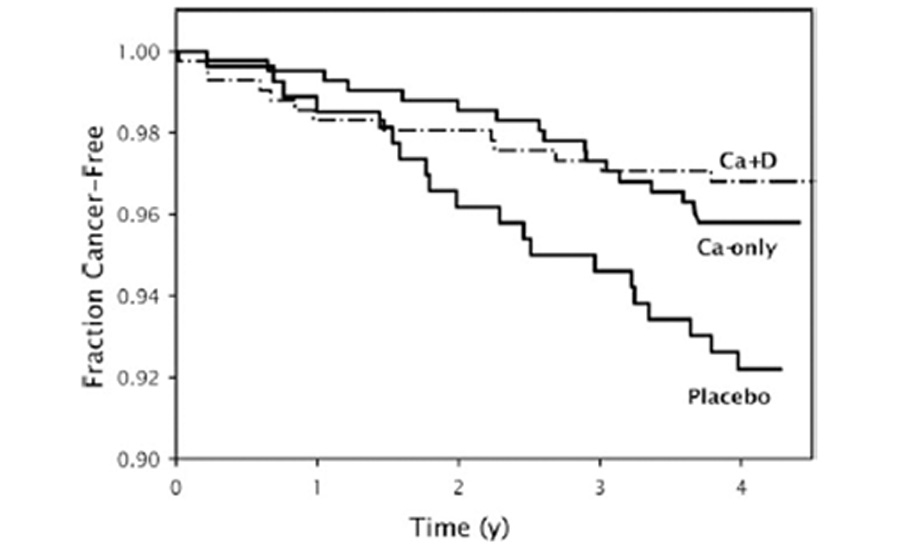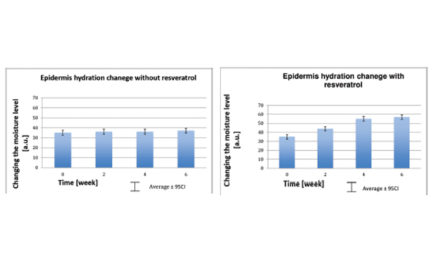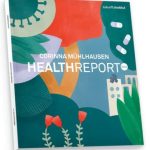Vitamin D and calcium supplementation reduces cancer risk: results of a randomized trial 1,2
Joan M Lappe, Dianne Travers-Gustafson, K Michael Davies, Robert R Recker, and Robert P Heaney
1 From the Osteoporosis Research Center, Creighton University, Omaha, NE.
2 Reprints not available. Address correspondence to JM Lappe, Creighton University, 601 North 30th Street, Suite 4820, Omaha, NE 68131. E-mail: jmlappe@creighton.edu.
Received October 26, 2006.
Accepted for publication February 1, 2007.
Abstract
Background—Numerous observational studies have found supplemental calcium and vitamin D to be associated with reduced risk of common cancers. However, interventional studies to test this effect are lacking.
Objective— The purpose of this analysis was to determine the efficacy of calcium alone and calcium plus vitamin D in reducing incident cancer risk of all types.
Design— This was a 4-y, population-based, double-blind, randomized placebo-controlled trial. The primary outcome was fracture incidence, and the principal secondary outcome was cancer incidence. The subjects were 1179 community-dwelling women randomly selected from the population of healthy postmenopausal women aged 55 y in a 9-county rural area of Nebraska centered at latitude 41.4°N. Subjects were randomly assigned to receive 1400–1500 mg supplemental calcium/d alone (Ca-only), supplemental calcium plus 1100 IU vitamin D3/d (Ca + D), or placebo.
Results— When analyzed by intention to treat, cancer incidence was lower in the Ca+Dwomen than in the placebo control subjects (P<0.03). With the use of logistic regression, the unadjusted relative risks (RR) of incident cancer in the Ca+D and Ca-only groups were 0.402 (P=0.01) and 0.532 (P=0.06), respectively. When analysis was confined to cancers diagnosed after the first 12 mo, RR for the Ca + D group fell to 0.232 (CI: 0.09, 0.60; P < 0.005) but did not change significantly for the Ca-only group. In multiple logistic regression models, both treatment and serum 25-hydroxyvitamin D concentrations were significant, independent predictors of cancer
risk.
Conclusions— Improving calcium and vitaminDnutritional status substantially reduces all-cancer risk in postmenopausal women. This trial was registered at clinicaltrials.gov as NCT00352170. Am J Clin Nutr 2007;85:1586–91.
Keywords
Serum 25-hydroxyvitamin D, cancer, women, calcium and vitamin D3 supplementation








